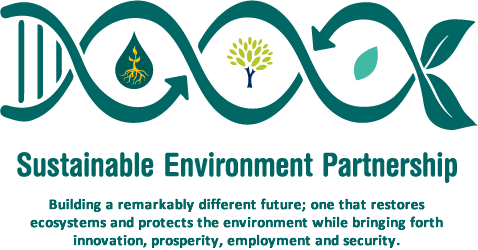The Sustainable Environment Partnership
Primal Group has joined forces with Unique and Vita to create the Sustainable Environment Partnership, committed to evolving a sustainable future by enhancing, empowering and protecting the local communities and environments in which we operate. The ultimate objective is to transform the archaic system of modern industrial agriculture into one that guarantees the nutritional needs of all are met in a safe, healthy and sustainable way.
With our focus on developing sustainable agricultural projects, it is our responsibility to empower the surrounding community in which we operate with knowledge of the latest agro-ecological practices available. Our first venture, the Sustainable Future Initiative, has implemented a six-month educational program examining the vast benefits of permaculture in agriculture.…
